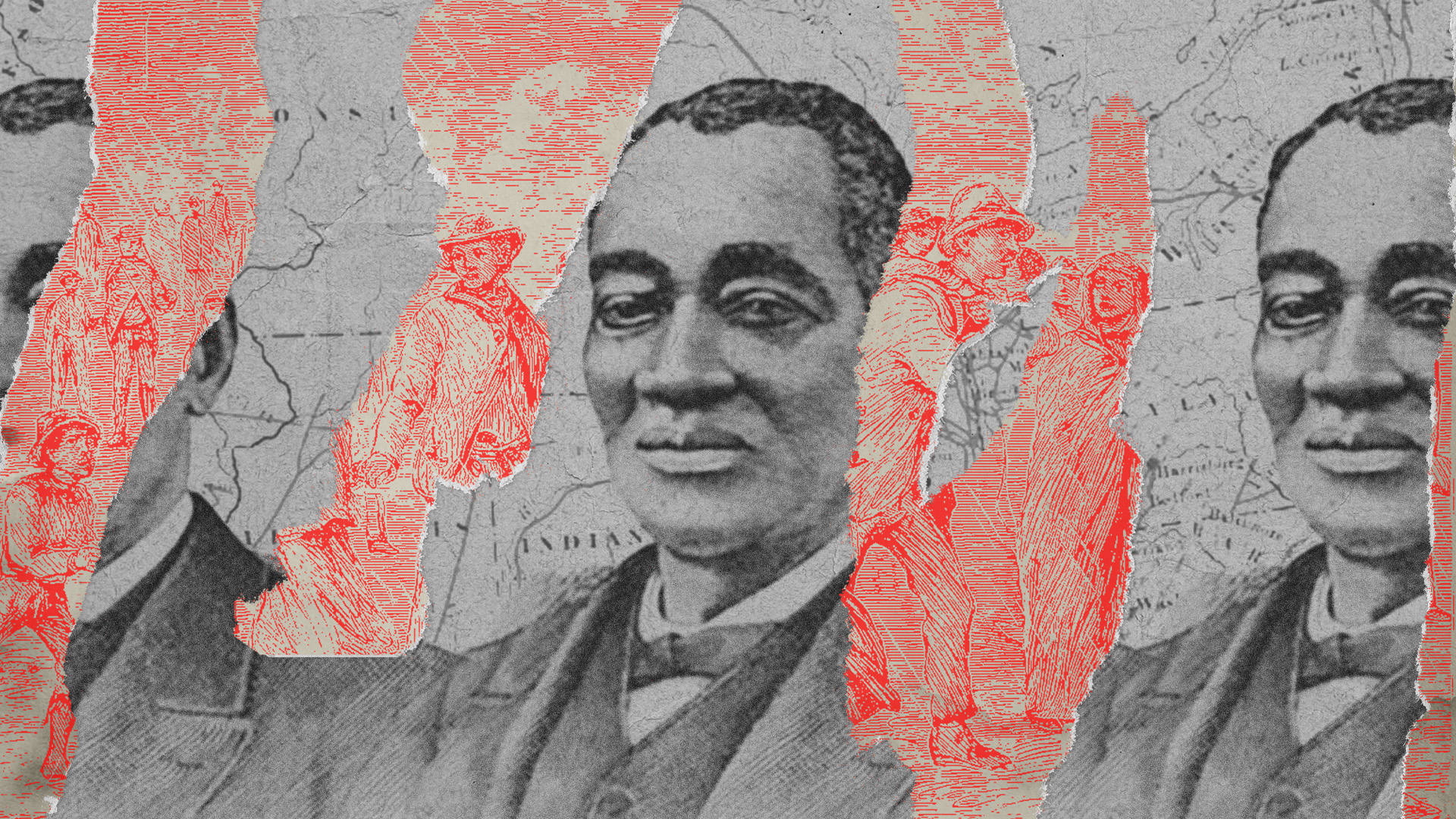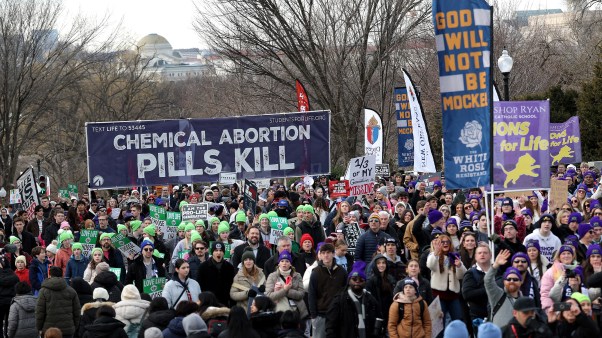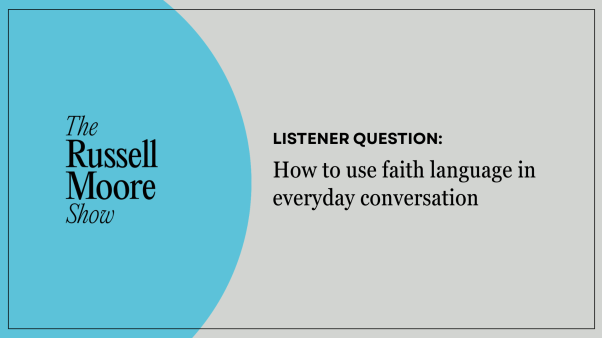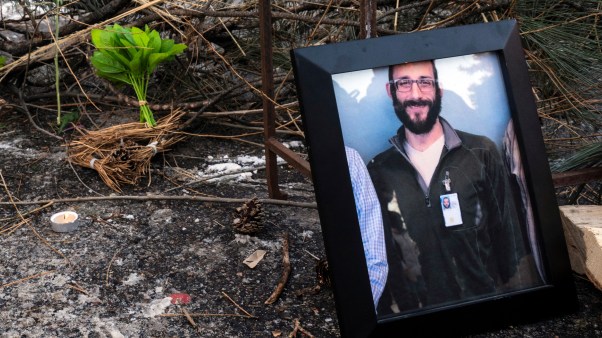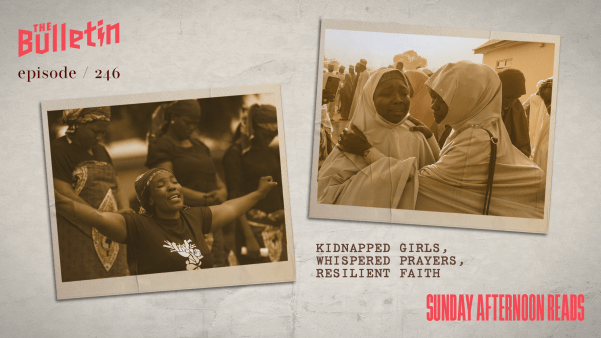On August 21 and 22, 1850, a group of fugitive enslaved people and their white supporters met in Cazenovia, New York. During their meeting, the fugitives read a letter to their brothers and sisters still held in bondage in the South. They encouraged enslaved people to stand strong and to resist their masters’ tyranny as they were able. Moreover, they noted that, were a time of slave insurrection to come, “the great majority of the colored men of the North…will be found by your side.”
The Gospel of Freedom: Black Evangelicals and the Underground Railroad
University Press of Kentucky
306 pages
$30.94
Their encouragement was tempered, however, with a sober reality check. “The priests and churches of the North, are, with comparatively few exceptions, in league with the priests and the churches of the South,” they stated. For this reason, any Black Southerner attempting to escape enslavement ought to take a cautious approach to white Northerners, even abolitionists, who might present themselves as friends. Instead, fugitives were encouraged to look to their fellow Black brothers and sisters as sources of solidarity and support in their pursuit of liberty.
Some historians have missed the truth presented by the 1850 Cazenovia convention: that free and enslaved Blacks were the most vocal and active advocates for freedom. In many historical accounts of abolition, their role has been forgotten or dismissed by scholars focusing on political approaches to emancipation.
In her book The Gospel of Freedom: Black Evangelicals and the Underground Railroad, Alicestyne Turley re-centers the work of Black evangelicals in the narrative of emancipation, emphasizing the importance of antebellum Kentucky.
Turley, the founding director of the Underground Railroad Research Institute at Georgetown College in Kentucky, focuses on religion as an organizing framework for abolitionist activism, arguing that the Second Great Awakening in the early 19th century set the stage for the abolitionist work of African American Christians in the Western frontier. As new denominations were forming, Turley writes, some evangelical Christians—white and Black—linked ideas of freedom and equality to Christianity and “spread the gospel of human freedom” to new territories.
The presence of these new denominations in Kentucky, a slaveholding state, created conditions for conflict. While white Christians fought over whether their denominations could include both slaveholders and those opposing slavery, Black Christians formed their own institutions to advocate for freedom. New denominations, particularly the African Methodist Episcopal (AME) Church, as well as publications such as Freedom’s Journal, were crucial to developing Black freedom networks that championed not only spiritual freedom but physical freedom as well.
These networks laid the foundation for the Underground Railroad, which developed 12 “streams” of freedom in Kentucky. As these streams flowed northward, they sent new abolitionist leaders to cities like Baltimore and Boston, which became sites of abolitionist agitation among free Blacks.
When the battle over slavery moved from rhetorical to physical violence, northern Black abolitionists from Kentucky formed Black Union regiments that received escaped slaves from the South. They also played key roles in developing the Freedmen’s Bureau and the post-Civil War network of Black colleges and universities. Black evangelicals from Kentucky who had been active in the Underground Railroad extended their freedom work to developing institutions that furthered Black empowerment in the postwar South.
The strength of Turley’s work is her focus on institutional history and her exploration of how racial realities shaped the denominational structures and abolitionist work of Kentucky churches. While many white Christians equivocated on questions of slavery to maintain denominational peace, Black evangelicals forged ahead with freedom-advancing work in their churches and in alliance with Underground Railroad allies, both Black and white. Turley’s narrative is thus an important companion to Ben Wright’s recent book Bonds of Salvation, in which Wright links denominational growth among white Christians to ideas of conversionism that ultimately dissuaded most white Christians from abolitionism.
To be sure, some white Christians in Kentucky and the North promoted the cause of abolition, but they were limited in number and often at odds with their local congregations. The Gospel of Freedom serves as a reminder that institutions have the power both to encourage just action through solidarity and to limit opportunities to pursue just ends.
Turley’s focus on the institutional leadership of key African Americans in the development of pre– and post–Civil War freedom networks limits her book in some ways. Except for the final chapter, there are few accounts of the inner workings of the Underground Railroad. The reader is left wondering about the connections between Black institutions and their leaders and the fraught realities of clandestine operations. How did institutional leaders navigate their public abolitionist efforts while carrying out actions that required secrecy?
Turley also makes incorrect claims about Calvinism, stating that Blacks and women were excluded from the Calvinistic doctrine of election and that members of the broadly evangelical but theologically diverse Clapham Sect held hierarchical beliefs “in true Calvinist fashion.” Her accounts of Methodist, Anglican, Quaker, Shaker, and AME histories are sure-handed, but her grasp of Calvinist theology is sometimes shaky.
Nevertheless, Turley presents a compelling case that the Underground Railroad was “America’s first multicultural, multiracial, inclusive Civil Rights movement.” She reminds us—in the spirit of Frederick Douglass, Harriet Jacobs, Sojourner Truth, W. E. B. Du Bois, and many other chroniclers of slavery and freedom—that Black freedom has always come, first and foremost, through the persistent work and indomitable spirit of Black leaders. She also reminds us that many of these leaders found and developed their love for liberty in the context of their Christian faith. Their example should cause us to ponder the extent to which our Christian institutions, and our engagement in them, compel us toward works of righteousness and justice.
Trisha Posey is professor of history at John Brown University, where she directs the honors scholars program.

